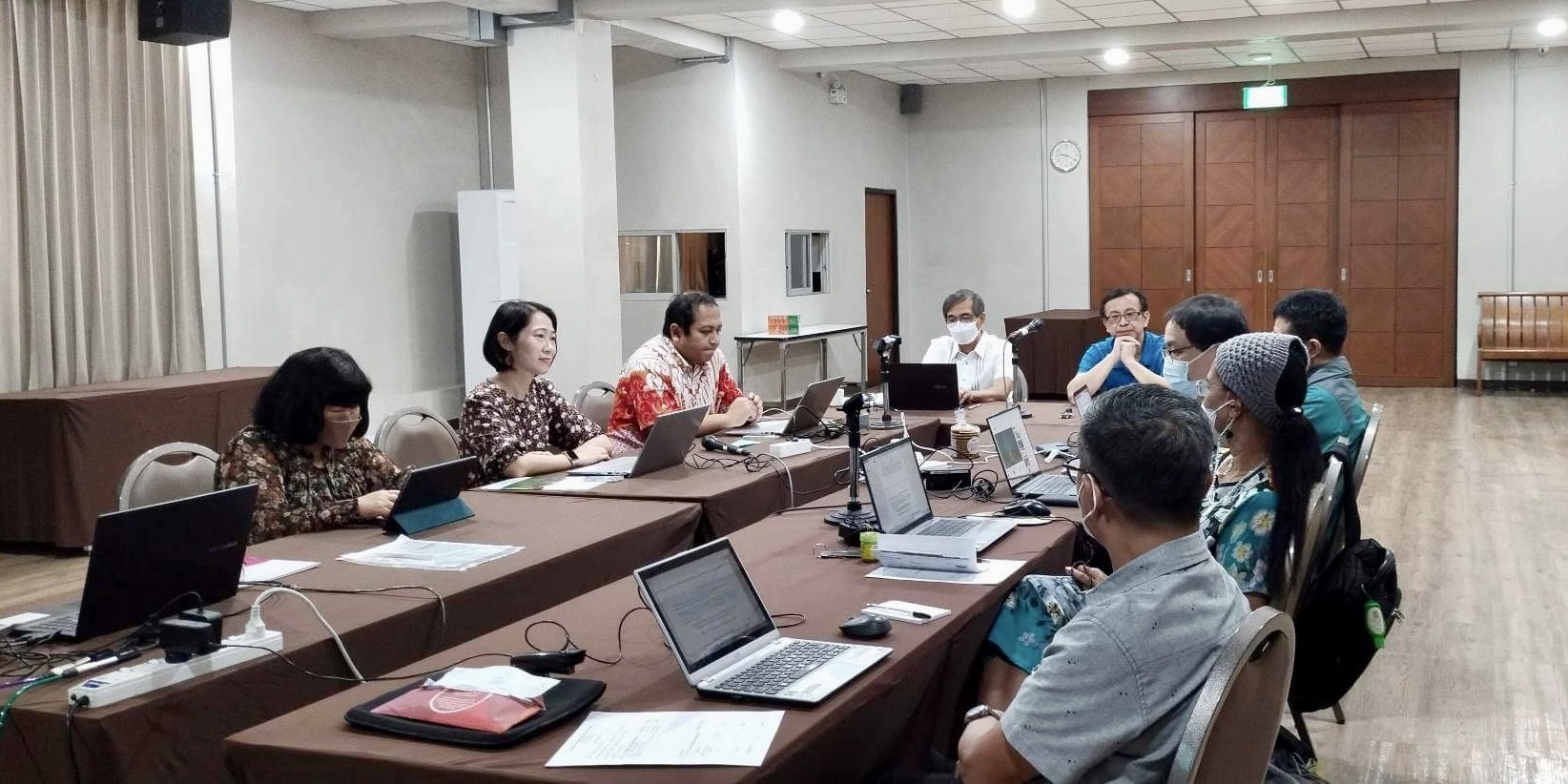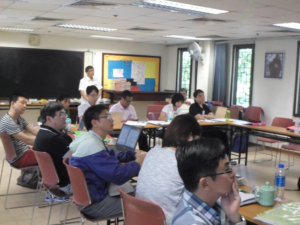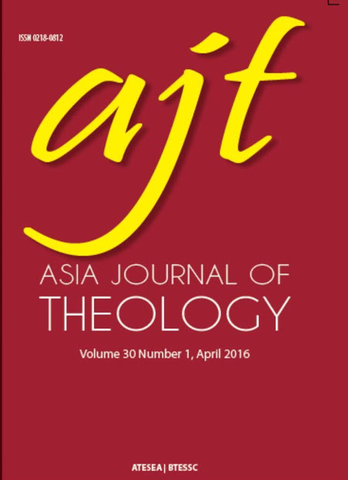Curriculum and Outcomes
In one of the ATESEA accreditation visits, an alumnus of a school narrated his story. His father was one of the victims of mass “cleansing” triggered by the seemingly unresolved interreligious conflict between the Christians and Muslims in his province. It was one of the traumatic incidents for his family which also created outright mistrust towards their Muslims neighbors or even skepticism of any acts of kindness. While preparing to go to college, of the many institutions of higher education in his locality he identified, he thought of the seminary as the better option for higher education. Knowing the ethos of theological education, he expected that the seminary could help him process his personal issues against his Muslim neighbors in which he had been struggling with through the years.
That was how his journey with the seminary began. After completing his theological studies in four years, he concluded that his seminary education was a life-changer. His theological degree gave him a sense of self-worth. But more importantly, the degree program of the seminary has enabled him to handle his emotional struggles. It has equipped him to minister to Christians and non-Christians alike.
He gave credit to the “theology of peace” which has been considered by his seminary as the “umbrella” of the curriculum. Embracing the “theology of peace,” the mantra of the seminary, was for him, the ground of freedom from his personal captivity.
That narrative and the curriculum of that seminary are crucial components of Outcome-Based Education (OBE). In every Annual Teachers’ Academy that ATESEA conducted, OBE has been an integral part of this professional enrichment program.
OBE is the framework of higher education in Asia that is encouraged by the members of the Association of South East Asian Nations (ASEAN) in relation to its internationalization of education project in the region. Whether or not this will have ramifications to theological schools is uncertain because of the uniqueness of seminary education. Nonetheless, the value of OBE is not only to ensure quality assurance in education but it guarantees also the nature of competencies that graduates need to demonstrate in order to meet the market demands. Similarly, I assume that the aims of OBE are of importance to seminaries for the churches and their stakeholders.
As observed by the participants to the Teachers’ Academy, the principles of OBE are essential even for the seminaries to revisit the fundamental reasons why they exist. They also recognized the urgency for theological schools to thoroughly and intentionally reassess and identify the attributes that their schools want their graduates to demonstrate and be known for as they minister. A scholar? An evangelist? A counsellor?
ATESEA is proud to note that the member schools gradually mature in terms of the number of qualified faculty, relevant degree program offerings, appropriate number of usable titles of books and other library information resources to support the degree programs, and financial sustainability. However, these positive growths similarly require more concerted efforts and openness to innovation in defining concretely and clearly what the degree programs intend to achieve and expect of from their graduates. These aspects—the goals, expected learning outcomes and curriculum, in addition to the assessment tools used for each program, are essential indicators in determining quality graduates.
The challenge that OBE presents to theological educators is how the experts are able to align the topics and the expected results of the courses they teach with the degree program outcomes and vision/mission of the school. The efforts toward alignment of three outcomes—institutional, degree program, and learning, will surely require enormous investment of time, humility to collaborate with others and share expertise, and administrative commitment to support the initiative.
Envisioning the kind of graduates that the stakeholders wish the seminary to produce, designing a curriculum for the degree programs that are reflective of the school’s vision/mission, and developing courses that align with the institutional and degree outcomes can be very overwhelming. Yet, they are worth pursuing.
OBE requires a collaborative engagement of the administrators, the faculty, the students, and the churches in seeking relentlessly for innovative approaches to learning. In the end, a strong seminary is known by the competencies of her graduates to interpret the biblical traditions contextually and succinctly, to lead the community of faith passionately and effectively, and to help others needing a life-changing experience of God’s presence in the world.













